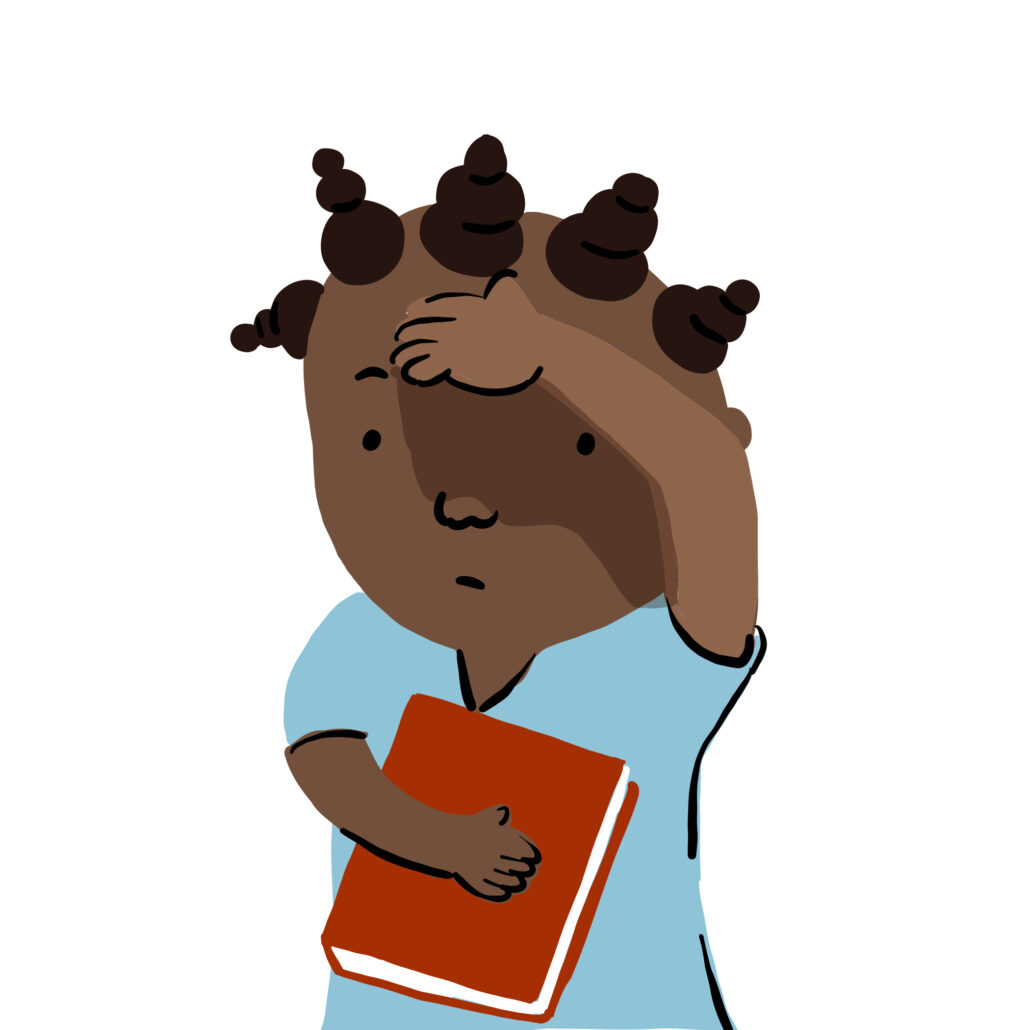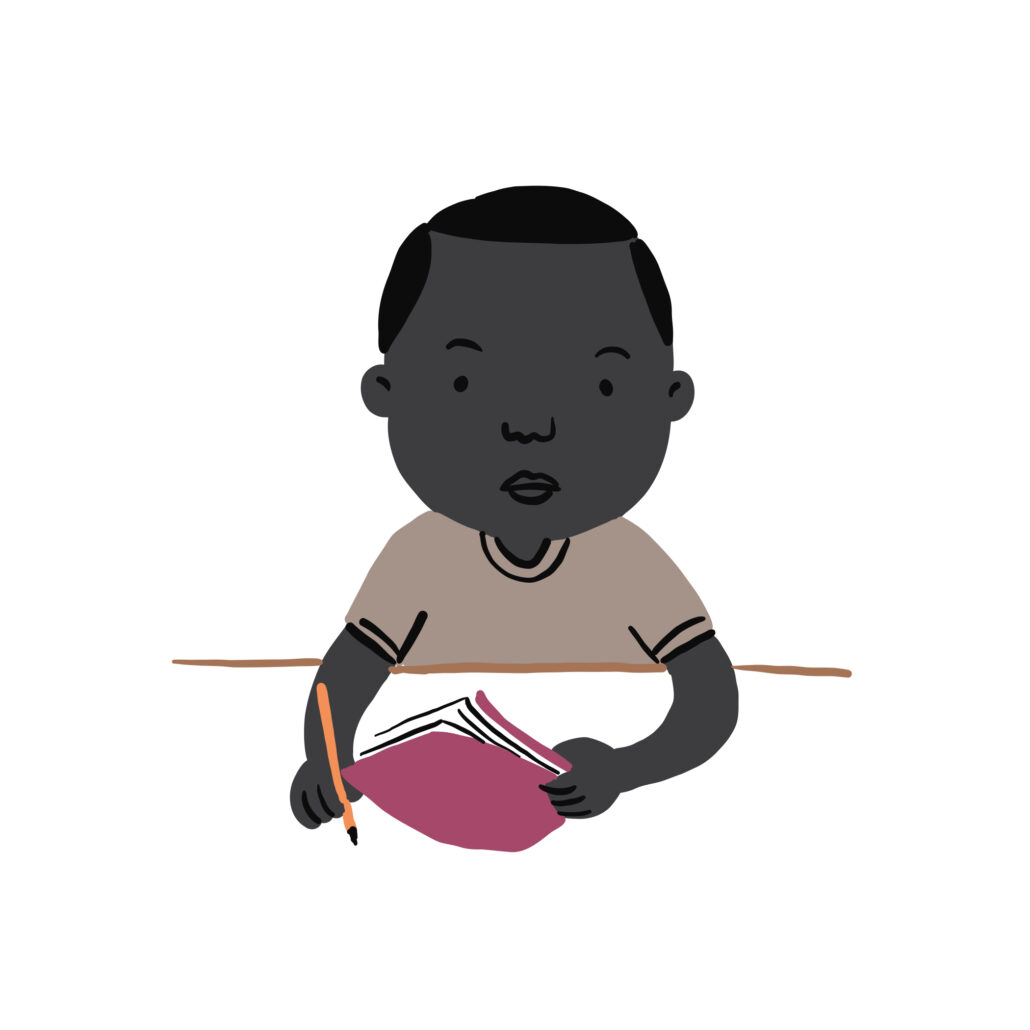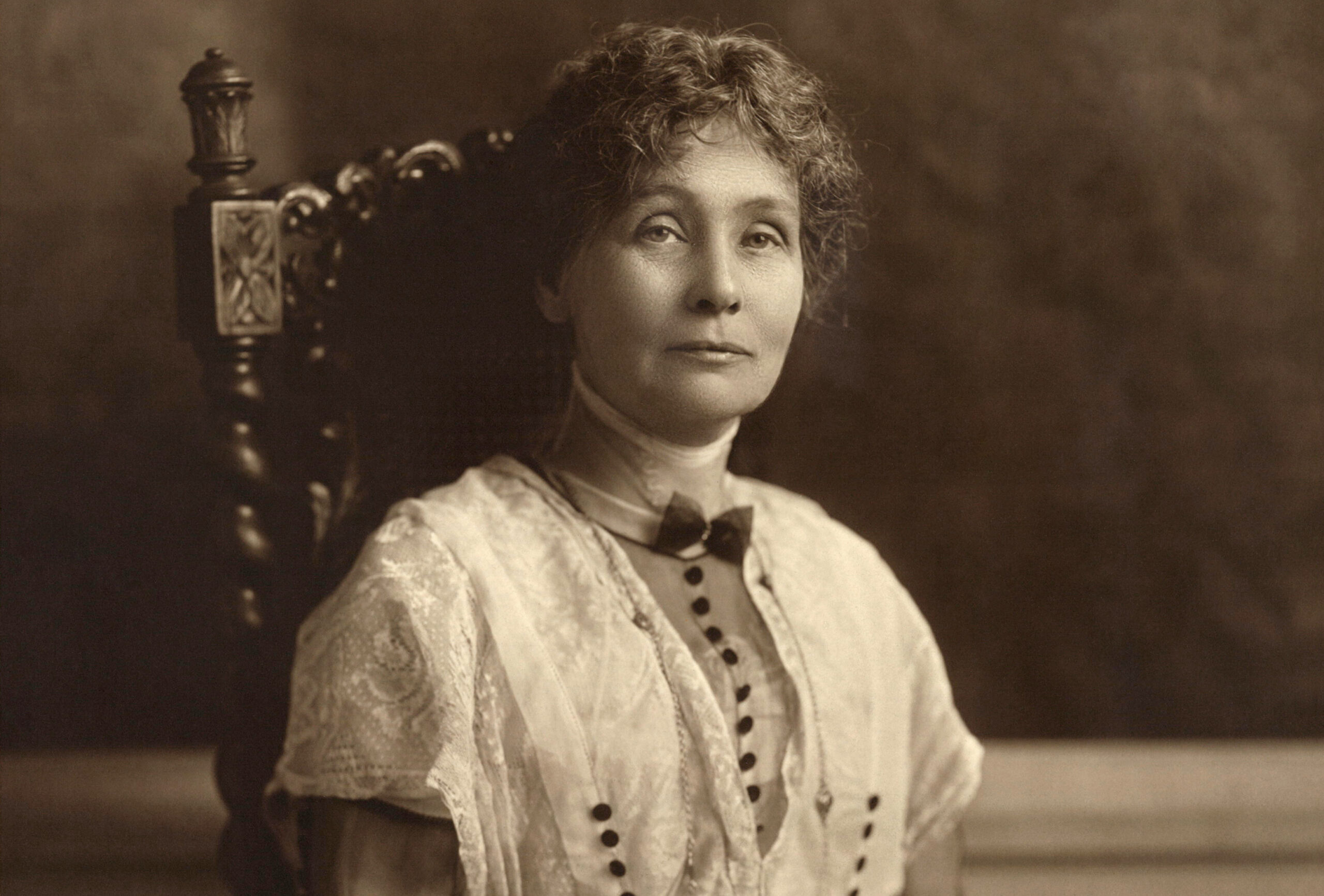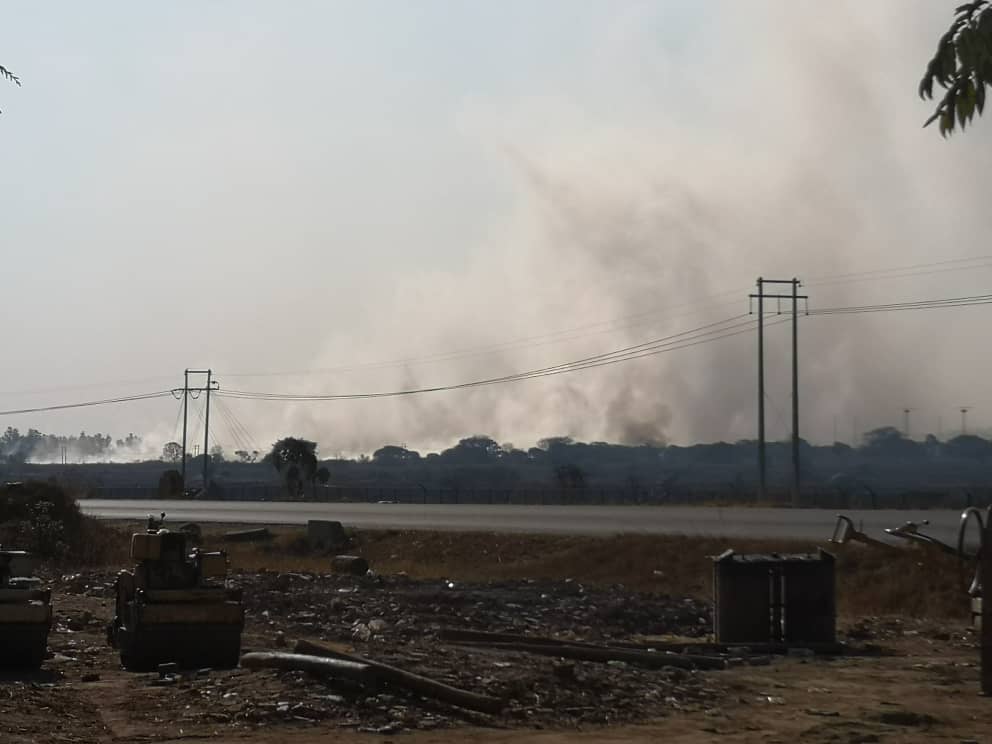Too Hot to Learn
- September 30, 2021
- 13: Climate Action
- Tags: SDG13, heat, temperrature, learning, teaching
The world’s leaders agreed to do more about the changing climate. That means doing more than promising to stop using fossil fuels, or chop down rainforests. That means making learning and teaching easier in hot places.
It seems like the differences caused by the climate may affect how well students learn and teachers teach. In other words, for some students its too hot to learn. It turns out that it’s harder to think and focus on hot days, so students learn slower. This could explain why some people living in hotter climates end up with less formal schooling and lower scores lower on standardized tests. As a result, they are worse off than those living in cooler climates.

It can be argued that changes to the Earth’s climate affect living standards. Temperature affects working memory, stamina, cognitive performance, and reduces effective working time. Heat may directly affect students’ capacity to learn or teachers’ capacity to teach.

The researchers found that students who experience hotter temperatures during the school year before their exams learn and achieve less success. More so, if it is too hot to learn it affects disadvantaged students much more than advantaged ones. The effect of hot school days is also larger for younger students than for older students.
Greater heat exposure during the school year may lead students in Brazil to learn 6% less than their South Korean counterparts per year, which, over time, might explain some of the differences in their PISA performance.

Government policies that are designed to improve physical learning environments, like more reliable electricity supplies, could have much more positive effects over time than we realise. Anything we can do to make learning and teaching in hotter places easier will be especially important as the world’s climate changes. This is because education itself is an important climate adaptation strategy.
The published paper and full research conducted by R. Jisung Park, A. Patrick Behrer & Joshua Goodman can be found here.
Key words and phrases
Cognitive performance: Cognitive skills, also called cognitive functions, cognitive abilities, or cognitive capacities, are brain-based skills that are needed in the acquisition of knowledge, manipulation of information, and reasoning
capacity to learn: the physical structure of your brain, and all the neural networks that determine how well you can think (your memory, attention, speed of processing, and ability to sequence ideas).
© Copyrights 2024 All Rights Reserved. 17Promises




